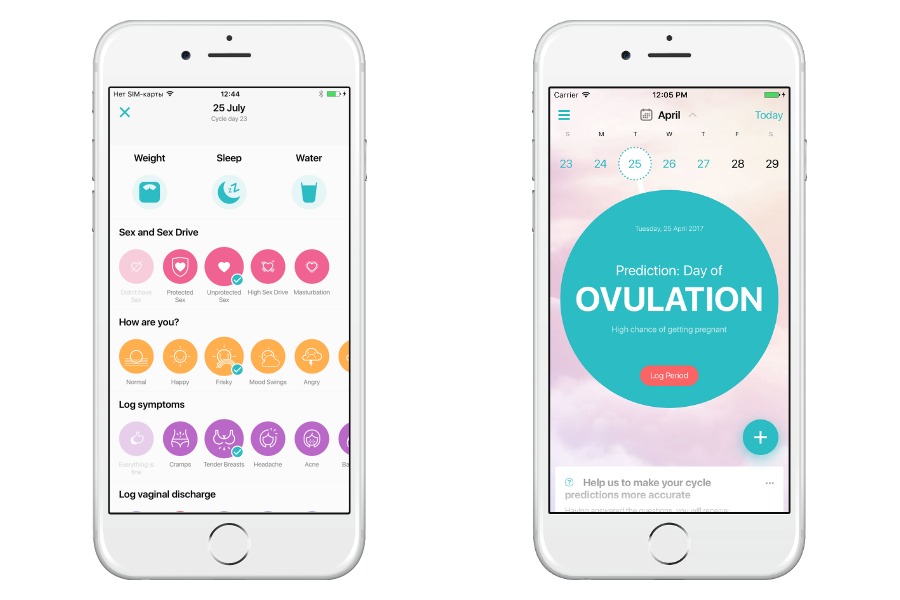In what seems to be a never ending issue with Facebook and privacy, the latest news is that Facebook has been receiving data from apps from users who do not even have a Facebook account. And one of the 11 apps that has been discovered so far, is one of our favorites: The Flo app, which tracks your period, ovulation, and due dates.
Related: So why are we all still on Facebook again?
Last Friday, a Wall Street Journal investigation learned that numerous apps, even if in many of the cases users don’t even have a Facebook account, are sharing data with Facebook. They tested over 70 popular apps, and found that at least 11 of sent what could be considered sensitive information to Facebook, including the Flo Period and Ovulation Tracker. They shared when users were having their periods or ovulating.
Facebook claims that it required all the apps to inform users what information was being shared and that app developers are prohibited from sending sensitive data. But the question is: what does Facebook consider “sensitive” these days? Your social security number? And everything else is fair game?
Related: Here’s how to figure out what Facebook ad categories have been picked for you

The Flo tracker has been sharing user information about period and ovulation dates with Facebook
The WSJ checked Flo Health’s privacy policy, which says it doesn’t do any of this (except, clearly they do), then later Flo added that everything they do send is depersonalized. However, WSJ’s testing showed that indeed everything was sent with a unique advertising identifier that can be matched to a device or profile.
If you want to breathe a little easier, none of the apps were finance apps, mostly health and fitness apps, but still, there is cause for great concern. We all know that because of this information, advertisers on Facebook are better able to target their ads, and therefore get much greater bang for their buck. And, no surprise here: Facebook’s revenue is rising.
Related: Should you quit Facebook? We’ve got the resources to help you decide!
So, what can you do, particularly for those of you who are using these apps and aren’t on Facebook? Well, not much, other than stopping the use of these kinds of apps and Facebook altogether. And while the EU is much stricter with their polices about this sort of thing, we’re still waiting to see what happens here in the U.S. as reports like this about Facebook continue to stack up.
via The Guardian; Top Photo by Thought Catalog on Unsplash








I cringe now. There will be many more apps are sharing data with Facebook. I still use Facebook but mostly Messenger.
Thank you for sharing the post.